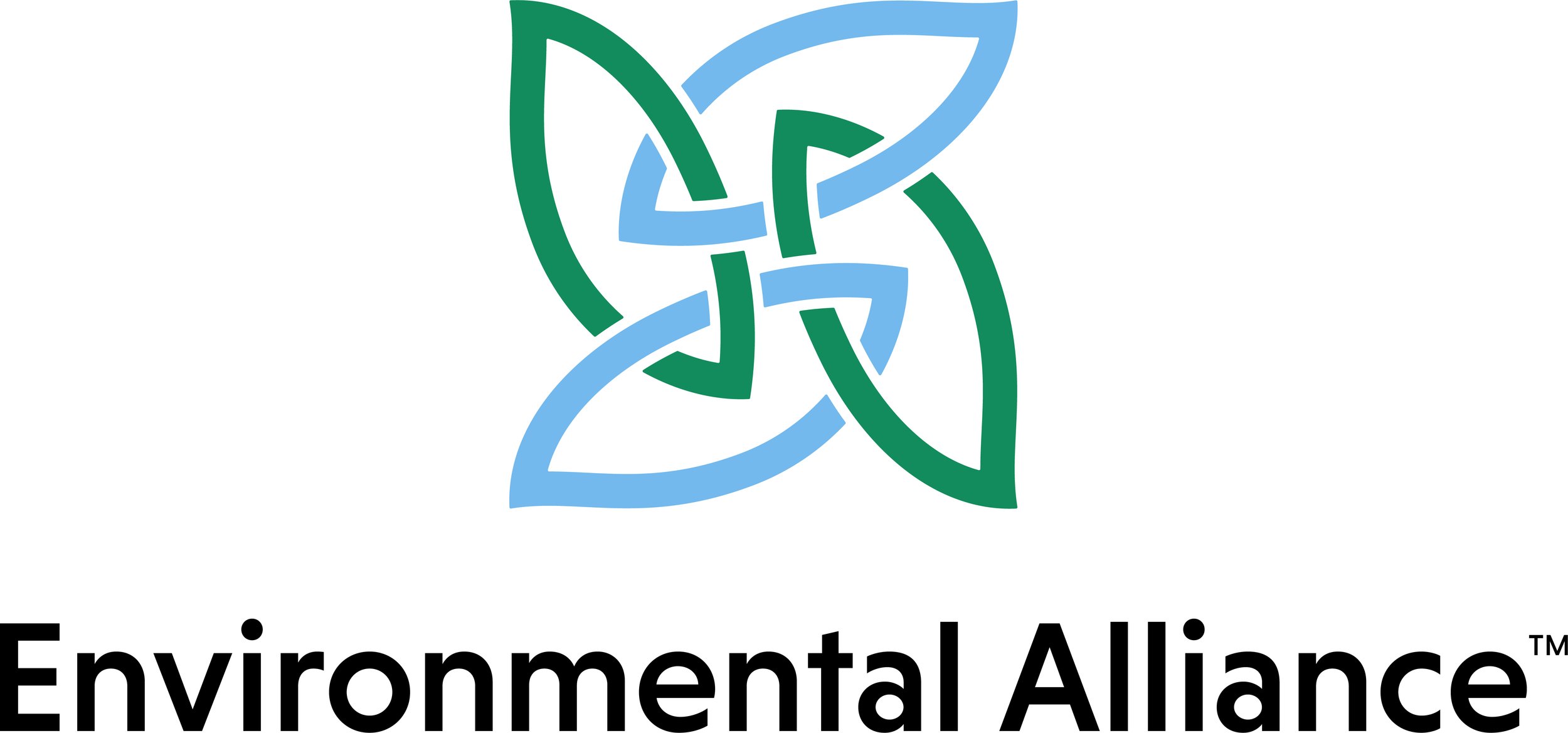Water Runoff Pollution: Who are the leading contributors?
Water quality affects everyone, whether it’s through the water we drink, recreational water activities, or even wildlife living in or around bodies of water. As a resident of Utah, water here is an even more scarce resource that must be protected from any harmful pollutants. Stormwater runoff pollution occurs when rainwater mixes with litter, chemicals, dirt, and other debris on its journey to a larger water source. While this is an issue around the world, desert states especially do not have any water to waste.
If you live near a storm drain the chances you have encountered runoff pollution are almost 100% guaranteed. Debris that is too big for drains line the streetsides, everything else is transported directly to local waterways without any filtration. Salt Lake Country estimated “that more than half of the pollution in our nation's waterways comes from stormwater runoff.” Finding solutions for runoff pollution is essential in protecting our limited water, and identifying the largest contributors is the first step in this process.
I found an example of runoff pollution right outside my home in Salt Lake City!
Residential homes and busy roadways have both been identified as leading causes of runoff pollution in urban areas around the world. In “The pollution conveyed by urban runoff: A review of sources” researchers found that pet waste, fertilizer, and soil from residential homes were some of the highest contributors to runoff pollution. Litter from busy highways and other roads contribute microplastics, metals, and organic pollutants have proven extremely harmful to wildlife.
Industrial activities (pollutant emissions or direct runoff), construction sites (suspended solids), and road maintenance (de-icing/street cleaning) were also identified as major contributors. Urban areas with concrete pavement prevent stormwater from soaking into the ground, pushing pollutants to storm drains. While these contributors cannot be controlled by independent citizens, identifying them can help in finding solutions through city legislation.
Now that we know the leading causes of water runoff pollution, how can we help stop these pollutants from ending up in local bodies of water? Luckily there are many things we can do that don’t require city involvement that can hugely reduce this runoff. Use gravel or stones instead of concrete for paths and driveways to make your yard more water friendly. Dispose of household chemicals and pet waste properly to help prevent it from being carried away in the next rainstorm. Avoiding harmful pesticides and fertilizers for yards as these can also be washed into sewer drains.
If you notice any buildup in local areas, organized cleanups with neighbors and friends are an excellent way to clear any large debris blocking storm drains. Earth Day is this Friday, April 22, if you’re looking for a way to help keep our waterways and surrounding wildlife healthy, consider taking steps to prevent residential stormwater runoff pollution or even try clearing visible pollution in your area!
Cleanup News is an all-volunteer organization dedicated to bringing individuals and organizations together with the shared mission to encourage a clean outdoors. We’re growing because of giving individuals that recognize the positive aspects of our mission. CleanUp News is your source for news about the industry.


